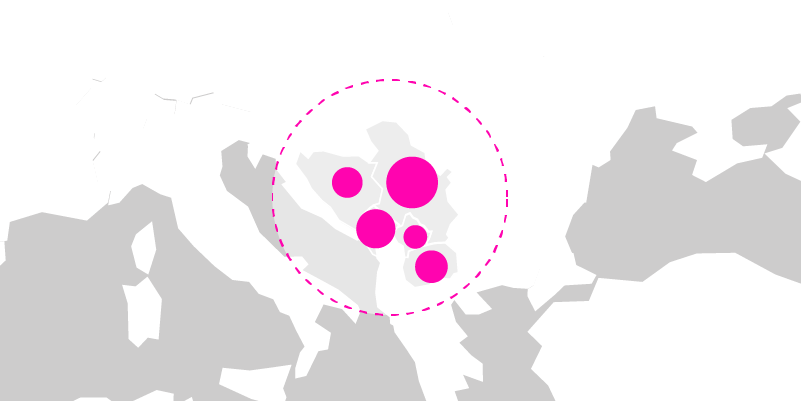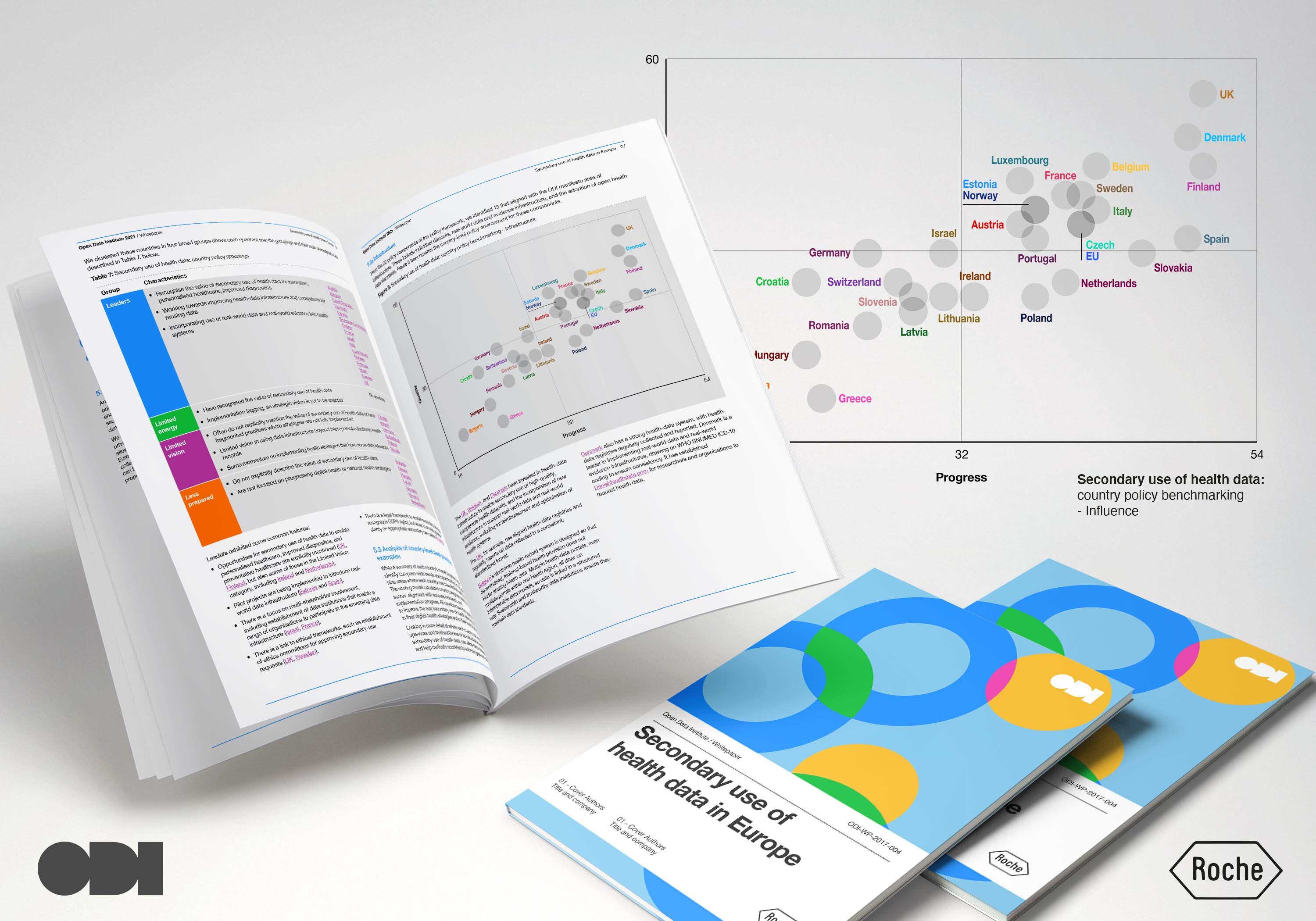Even before the pandemic, there was an urgent need to optimise healthcare systems and manage limited resources more effectively, to meet the needs of growing, and often ageing, populations. Now, there is a heightened need to develop early-diagnostic and health-surveillance systems, and more willingness to adopt digital healthcare solutions.
Explore the reports
Even before the pandemic, there was an urgent need to optimise healthcare systems and manage limited resources more effectively, to meet the needs of growing, and often ageing, populations. Now, there is a heightened need to develop early-diagnostic and health-surveillance systems, and more willingness to adopt digital healthcare solutions.
The importance of secondary use of health data
This secondary use of health data can enable a wide range of benefits across the entire healthcare system. These include opportunities to optimise service, reduce health inequalities by better allocating resources, and enhance personalised healthcare –for example, by comparing treatments for people with similar characteristics. It can also help encourage innovation by extending research data to assess whether new therapies would work for a broader population.
Acknowledgements
This report was researched and produced by the Open Data Institute (ODI) and published in September 2021. The research on the Western Balkan's region was published in October 2023. The lead author is Mark Boyd. The wider project team includes Jhilla Khodaie, Resham Kotecha, Yusuff Adigun and Julie King. Both reports are independent work by the ODI that was commissioned by Roche.



